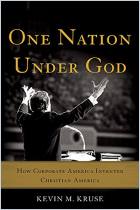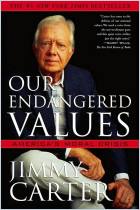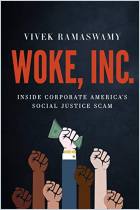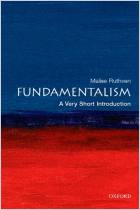Fundamentalist evangelical Christianity surged to prominence from the depths of the Great Depression, as wealthy evangelical Christian businessmen established training centers and networks combining adherence to free-market capitalist principles with “biblical fundamentalism.” With financial support from these businessmen, evangelists built powerful international movements. As professor Darren E. Grem discusses, evangelicals in business practiced and promoted not only old-time religion, but also racial discrimination and gender inequity. They helped the political careers of Ronald Reagan and George H.W. Bush. Today, evangelicalism remains a force in the business, political and geopolitical sectors. getAbstract recommends this detailed overview to students of US history, politics and business.
“The Ark of LeTourneau”
In Vicksburg, Mississippi, in 1952, famous evangelist Billy Graham prayed for God’s blessing on a 200-foot-long cargo ship headed to Liberia loaded with New Testaments, missionaries and heavy equipment. The shipper was R.G. LeTourneau, a wealthy manufacturer who’d received development rights for half a million acres of Liberian land. Local Mississippi folk dubbed the ship the Ark of LeTourneau.
The relationship between Graham and LeTourneau had begun in 1946 when LeTourneau donated $7000 – about $90,000 in 2016 dollars – to support Graham on an evangelical tour of Ireland. Their relationship exemplifies ties between evangelical Christianity and corporate capitalism. Publisher William Randolph Hearst instructed his newspapers’ editors to “puff Graham.”
Graham was a businessman and a savvy manager of his brand. Evangelical initiatives depended greatly on money from big business donors, and Graham worked well with them. He referred to himself as a salesman “selling the greatest product in the world.” The analogy was not farfetched. He’d been a Fuller Brush salesman before he turned to preaching.
Politics
The relationship of ...




















Comment on this summary or Comenzar discusión